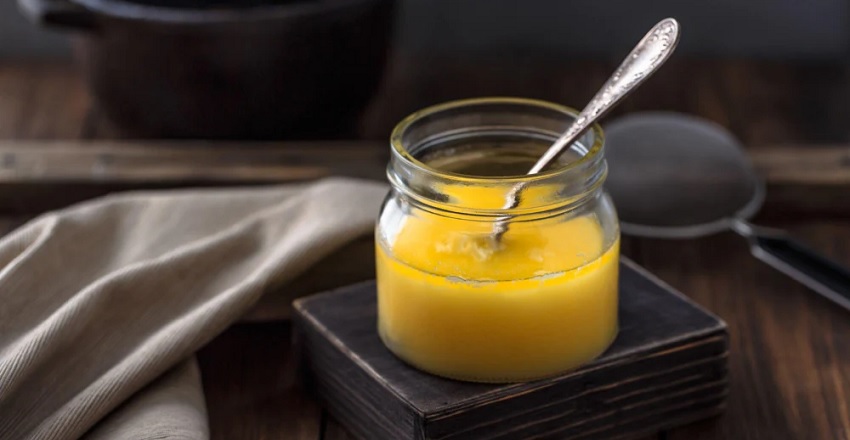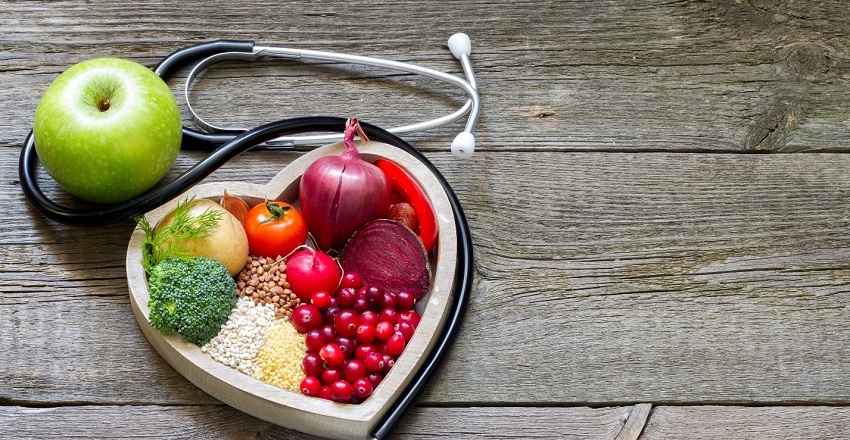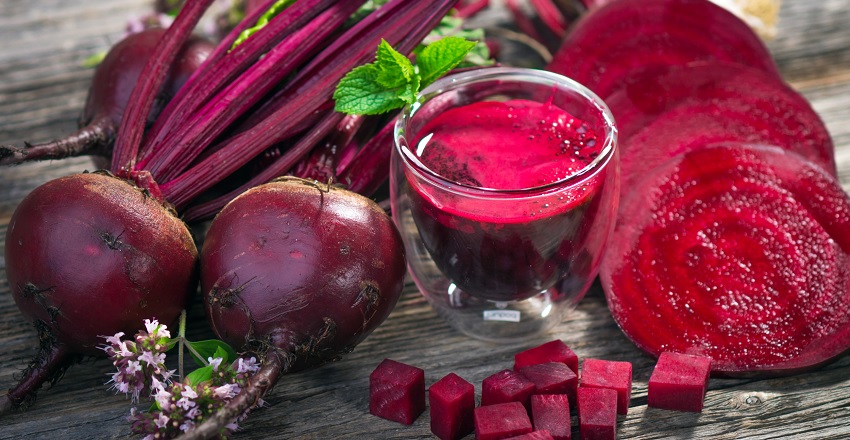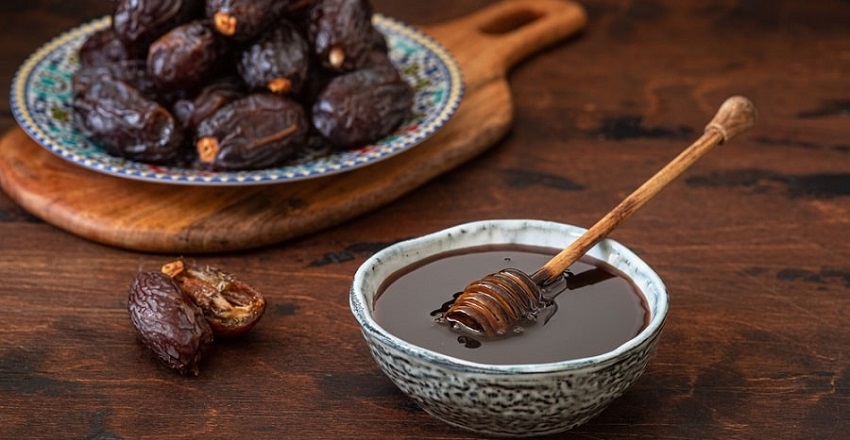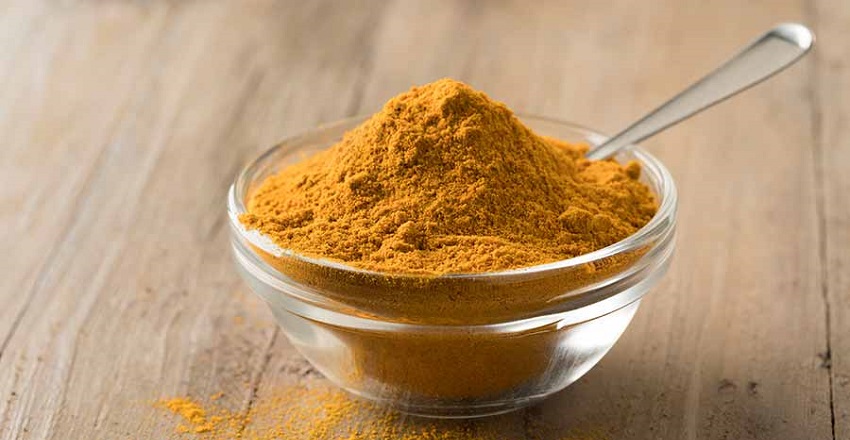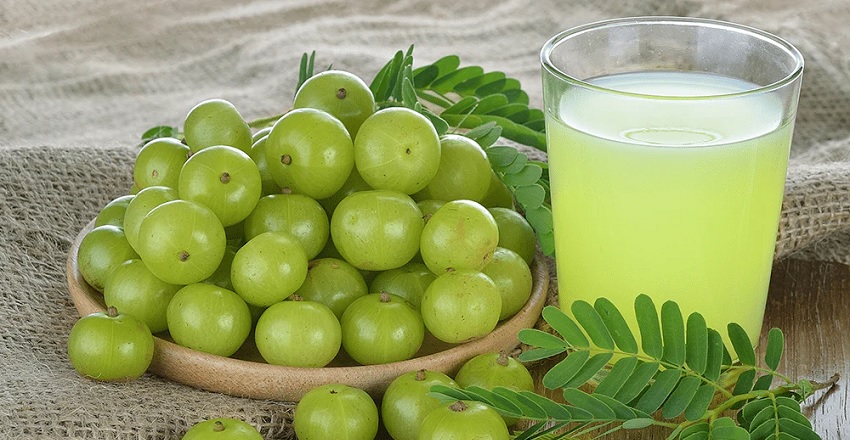What Changed Over the Years, and the Difference Between A2 Ghee & A2 Gir Cow Ghee For centuries, India has revered the Gir cow as gau mata—a nurturer, healer, and an integral part of Ayurvedic living. Her milk, rich in the rare A2 beta-casein protein, has been regarded as a natural tonic (rasayana) that nourishes ojas, supports digestion, and strengthens immunity. Yet, somewhere in the last few decades, the narrative shifted. Suddenly, ghee was labelled “fattening,” cow’s milk was blamed for cholesterol, and our traditional wisdom was overshadowed by industrial food trends. Today, as people return to nature and Ayurveda, A2 Gir cow products are regaining their deserved recognition. Why A2 Gir Cow Milk Is Good for Health Ayurveda describes Gir cow milk as satvik, cooling, nourishing and supportive for all age groups. Its benefits arise from both its A2 protein structure and the breed’s natural physiology. 1. Contains A2 Beta-Casein – Easier to Digest A2 protein resembles human milk.It… Continue reading Why A2 Gir Cow Milk & Ghee Are Good for Health



